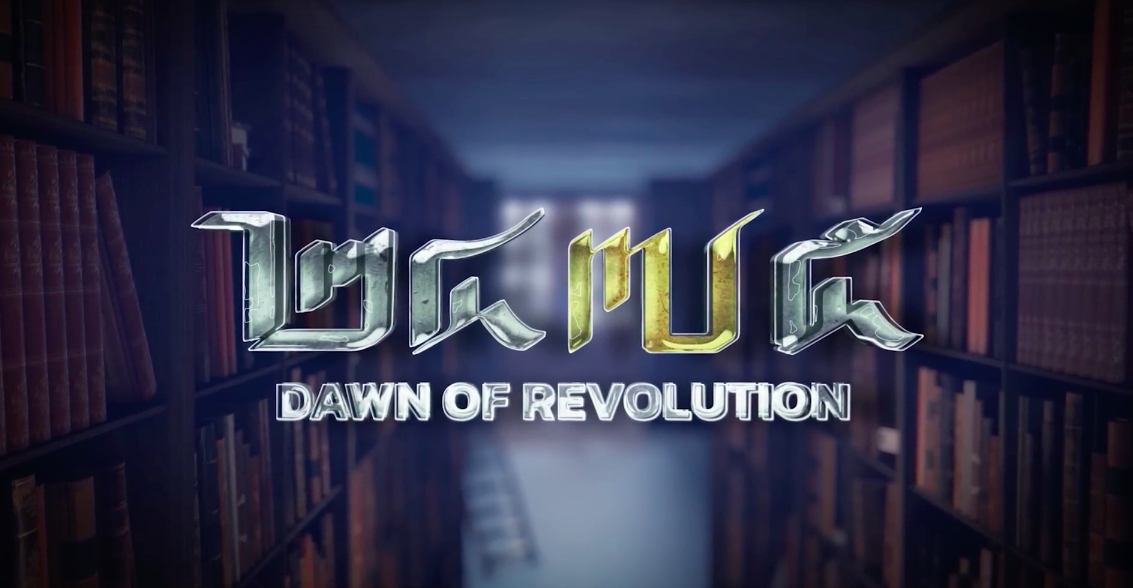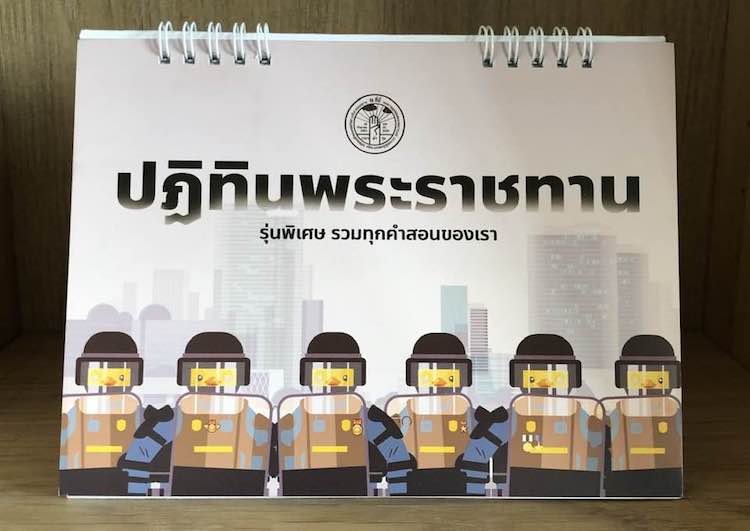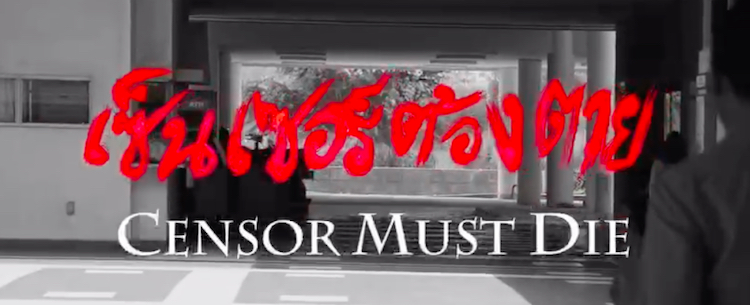
ABC News has agreed to pay Donald Trump $15 million in an out-of-court settlement, after he sued the organisation for defamation earlier this year. Trump filed a lawsuit against ABC News and one of its anchors, George Stephanopoulos, when Stephanopoulos asked Republican politician Nancy Mace on air why she had endorsed Trump as a presidential candidate despite Trump having been “found liable for rape.”
Stephanopoulos interviewed Mace on This Week, in a segment broadcast on 10th March. He began the interview with a reference to a civil prosecution in which Trump was found guilty of sexually abusing E. Jean Carroll: “You’ve endorsed Donald Trump for president. Donald Trump has been found liable for rape by a jury. Donald Trump has been found liable for defaming the victim of that rape. It’s been affirmed by a judge.”
Mace, who is herself a rape victim, stated that she found the premise of the interview “disgusting.” Stephanopoulos again asked her to justify her endorsement of Trump: “I’m asking a question about why you endorsed someone who’s been found liable for rape.” Mace accused Stephanopoulos of victim-shaming her, and Stephanopoulos attempted to clarify: “I’m questioning your political choices, because you’re supporting someone who’s been found liable for rape.”
Stephanopoulos then pressed Mace again to answer his initial question: “why are you supporting someone who’s been found liable for rape?” She replied that the question was offensive, to which Stephanopoulos responded: “You don’t find it offensive that Donald Trump has been found liable for rape?”
Trump’s libel claim hinged on the fact that he was convicted of sexually assaulting Carroll, rather than raping her. His lawsuit quoted Stephanopoulos on previous broadcasts referring to sexual assault, in an attempt to prove that Stephanopoulos was aware of the distinction and had used the word ‘rape’ in the combative Mace interview either recklessly or maliciously.
Trump also sued Carroll for the same reason, after she accused him of rape despite the sexual assault conviction. That lawsuit was dismissed, however, as the judge in the sexual assault case issued a written clarification: “that Ms. Carroll failed to prove that she was “raped” within the meaning of the New York Penal Law does not mean that she failed to prove that Mr. Trump “raped” her as many people commonly understand the word “rape.” Indeed... the jury found that Mr. Trump in fact did exactly that.”
The previous references by Stephanopoulos to sexual assault were all made before 19th July 2023, when the clarification was published. His comments in the Mace interview, however, were made afterwards, so it could reasonably be argued that he was using the term ‘rape’ “as many people commonly understand the word”, as per the judge’s clarification. Nevertheless, ABC settled the case yesterday and issued a cursory statement: “ABC News and George Stephanopoulos regret statements regarding President Donald J. Trump made during an interview by George Stephanopoulos with Rep. Nancy Mace”.
Stephanopoulos interviewed Mace on This Week, in a segment broadcast on 10th March. He began the interview with a reference to a civil prosecution in which Trump was found guilty of sexually abusing E. Jean Carroll: “You’ve endorsed Donald Trump for president. Donald Trump has been found liable for rape by a jury. Donald Trump has been found liable for defaming the victim of that rape. It’s been affirmed by a judge.”
Mace, who is herself a rape victim, stated that she found the premise of the interview “disgusting.” Stephanopoulos again asked her to justify her endorsement of Trump: “I’m asking a question about why you endorsed someone who’s been found liable for rape.” Mace accused Stephanopoulos of victim-shaming her, and Stephanopoulos attempted to clarify: “I’m questioning your political choices, because you’re supporting someone who’s been found liable for rape.”
Stephanopoulos then pressed Mace again to answer his initial question: “why are you supporting someone who’s been found liable for rape?” She replied that the question was offensive, to which Stephanopoulos responded: “You don’t find it offensive that Donald Trump has been found liable for rape?”
Trump’s libel claim hinged on the fact that he was convicted of sexually assaulting Carroll, rather than raping her. His lawsuit quoted Stephanopoulos on previous broadcasts referring to sexual assault, in an attempt to prove that Stephanopoulos was aware of the distinction and had used the word ‘rape’ in the combative Mace interview either recklessly or maliciously.
Trump also sued Carroll for the same reason, after she accused him of rape despite the sexual assault conviction. That lawsuit was dismissed, however, as the judge in the sexual assault case issued a written clarification: “that Ms. Carroll failed to prove that she was “raped” within the meaning of the New York Penal Law does not mean that she failed to prove that Mr. Trump “raped” her as many people commonly understand the word “rape.” Indeed... the jury found that Mr. Trump in fact did exactly that.”
The previous references by Stephanopoulos to sexual assault were all made before 19th July 2023, when the clarification was published. His comments in the Mace interview, however, were made afterwards, so it could reasonably be argued that he was using the term ‘rape’ “as many people commonly understand the word”, as per the judge’s clarification. Nevertheless, ABC settled the case yesterday and issued a cursory statement: “ABC News and George Stephanopoulos regret statements regarding President Donald J. Trump made during an interview by George Stephanopoulos with Rep. Nancy Mace”.




















